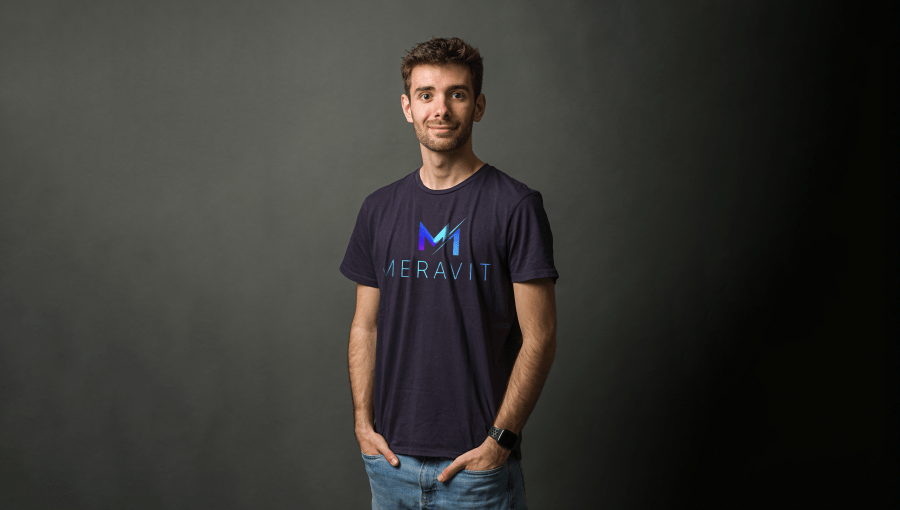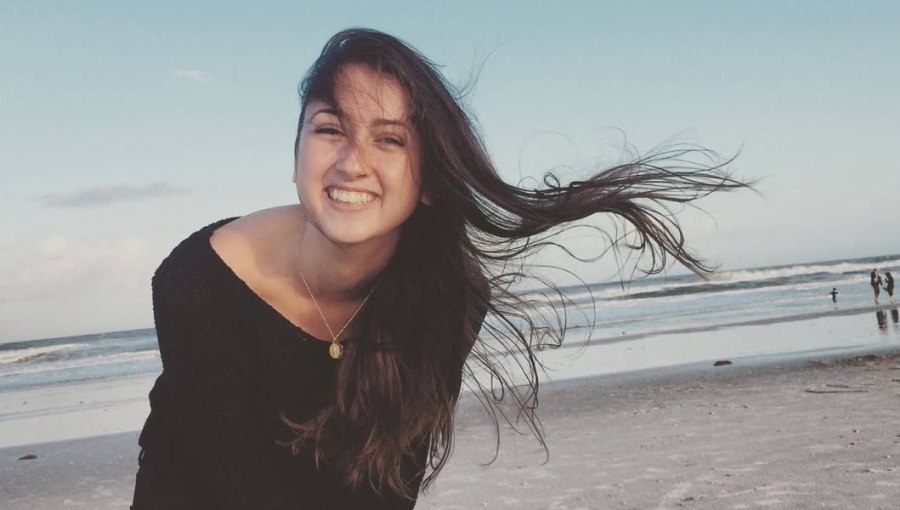Meet Alexandria Maloney
Major: International Affairs, Class of 2015
City, Country of origin: Washington, D.C., USA
Current work position, place of work: Graduate Student at Morgan State University in Baltimore MD, Strategic Communications Consultant, Aspiring Foreign Service Officer, current Intern at the U.S. Department of State.
What research did you present to the US Embassy in Havana, Cuba?
I never thought I would see the day that the EDM (Electronic Dance Music) genre would take center stage for one of the most symbolic diplomatic events of the decade. On March 6, 2016, I led a group of researchers to Havana, Cuba to examine Cuban receptiveness to Major Lazer, Diplo and the EDM genre as an effective form of cultural diplomacy. The idea for the research happened organically through a posting I made on Facebook. It was because of a personal interest in cultural diplomacy that developed into this project that will be used by government institutions and academia. Cultural diplomacy includes the exchange of ideas, information, and art in order to foster mutual understanding. This work is essential in maintaining peaceful relationships among nations. Major Lazer will be the first major American act to perform in Cuba since the two countries began to restore diplomatic relations.
This research project (1) surveyed Cuban citizens aged 15-30 on their receptiveness to EDM and American Pop Culture, (2) examined potential aligning values, and (3) assisted the diplomatic community in better developing strategies for influencing youth and young adult audiences. At the conclusion of our trip, we reported our conclusions to the US Embassy in Havana with the intent to publish our findings in an academic journal.
According to the United Nations, the world has the largest youth population in history of about 1.8 billion young people between the ages of 10-24. This may bring challenges to senior level diplomats who are tasked with developing a strategy for reaching particular groups, especially youth and young adults. Therefore this research is significant for its value to assess Cuban youth and young adult receptiveness to the EDM genre and 21st century Pop Culture. Instead of guessing or assuming what type of music is “in” right now, asking young people can yield stronger results. Due to the strong interest and popularity of the EDM genre internationally, we anticipate that there will be a strong positive response by Cuban youth and young adults to Major Lazer and the genre.
The concert was not announced until January 15th so our team of researchers had been working night and day to prepare the research proposal and travel plans. I connected with the embassy to request a meeting with the Cultural Affairs Officers to present our findings and the response was overwhelmingly positive!
The question for our research project was – what do Cuban citizens between the ages of 15-30 listen to? How can diplomats better connect to younger foreign audiences? Can EDM artists and other forms of “non-traditional” diplomacy be effective in targeting the masses?
Our results exceeded our expectations; Cuban youth expressed a strong interest in American music, many naming their favorite American artists during their interview and asking us to bring more artists to Cuba. 400,000 Cubans attended the concert. Imagine cultural events like these in other countries with different political views and minimal contact with the USA.
What part of your trip to Havana excited you the most?
I love fashion, style, and self-expression. Cuba is a very culturally diverse place and I want to see how this fusion affects the identity of Cuban youth and young adults. I want to see if there are more commonalities between Americans and Cubans than we think.
How were JCU Alumnae Sharnice Rollins and Leslie Taveras involved? Did they also present?
Sharnice, Leslie, and I collected data during the concert as well as presented our findings collectively to the cultural office. JCU alumnus Mateo Micucci was also present. Our research was written surveys and audio recorded interview questions gauging Cuban knowledge and interest in US pop culture and if they are interested in more American artists coming to Cuba (which 76% of respondents said yes).
What would your advice be to JCU students who are interested in the same career path?
I believe in setting goals that may “seem” far-fetched or even highly improbable and then putting your all towards them. Don’t be afraid to try and always share what you’re doing with others. What’s the worst that can happen? After experiencing the “real world” after graduation, I realized that John Cabot really prepared me for a career in International Affairs.
What do you miss the most about JCU?
Honestly, I miss my JCU family (students, faculty, and staff). At JCU, the community wants you to succeed and pursue your dreams. I appreciated the advice and honesty from faculty and the support from fellow students. JCU students go on to do extraordinary things!
What’s next?
I plan on finishing my master’s degree and then continuing towards a career in the U.S. Foreign Service. I’m really interested in strengthening the American image abroad. I also want to continue doing work in my community.







